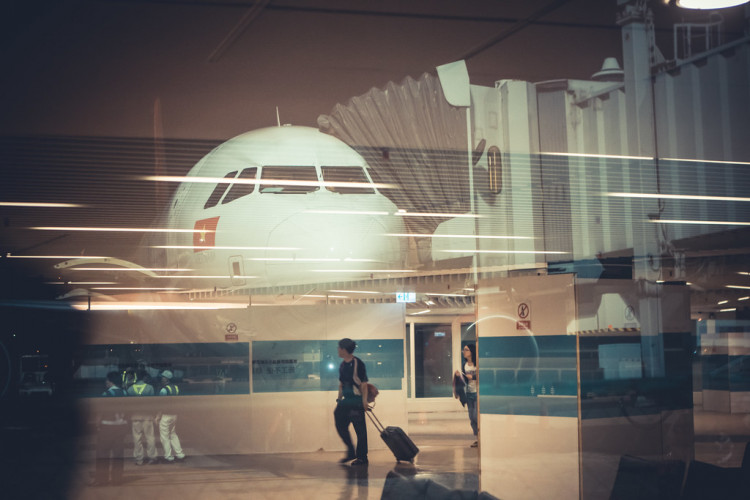As retaliation for recent COVID entry restrictions on arrivals from China, Chinese officials have ceased issuing specific visas to South Korean and Japanese nationals.
The limitations are China's first act of retaliation against screenings and limitations imposed on visitors from China. Since Beijing relaxed its strict COVID regulations last month, a number of nations have sought to mandate testing for passengers from China, citing worries over the country's recent rise in cases and the paucity of information about the outbreak.
"Visas for business, tourism, medical treatment, transit, and general private affairs will be suspended for South Korean citizens effective today," the Chinese Embassy in Seoul said in a statement on Tuesday.
According to the embassy, the measures will be "adjusted" if South Korea lifts its "discriminatory" entrance restrictions on China.
Later that day, the Chinese embassy in Tokyo said that it will cease providing regular visas to Japanese people, with a restoration of service "notified in the future."
South Korea has also required persons traveling from Hong Kong and Macao to produce documentation of a negative COVID-19 test result - either from a PCR test performed within 48 hours of departure or a fast antigen test taken within 24 hours of departure - since last Saturday.
On Dec. 30, Japan began imposing restrictions on anyone who had just left mainland China or been there within the preceding seven days. Anyone who tested positive was subject to a seven-day quarantine as well as additional testing.
Additionally, the government stated on Monday that starting on Jan.12, all passengers flying directly from the Chinese enclave of Macau will need to provide a negative COVID-19 test result obtained within 72 hours of departure and will be forced to perform a COVID-19 test upon arrival.
On Jan. 2, South Korea went a step further, barring short-term visa applications from its consulates in China until the end of the month. It also requires persons going from China to take a PCR test within 24 hours of arrival and to remain isolated until the findings are negative.
Since Jan. 5, it has also required travelers departing from China to produce a negative PCR test performed within 48 hours of departure or a fast antigen test performed within 24 hours.
China's decision comes after a phone chat on Monday between Foreign Minister Qin Gang and his South Korean counterpart Park Jin, in which Qin reportedly "expressed concern" over the limitations and encouraged Seoul to adopt an "objective and scientific" strategy.
During routine briefings on Tuesday, both nations released official statements regarding the subject, with the South Korean side stating that its COVID-related bans on visitors from China were "based on scientific and objective grounds."
The administration has been "transparently sharing relevant information with the international community and has continued to communicate with the Chinese side," according to Lim Soo-suk, a spokesman for the South Korean Foreign Affairs Ministry.
Wang Wenbin, a spokesperson for China's Foreign Ministry, echoed China's prior stance, stating the government "resolutely objects" to "discriminatory" entrance restrictions put on Chinese tourists and "will take proportionate countermeasures."





